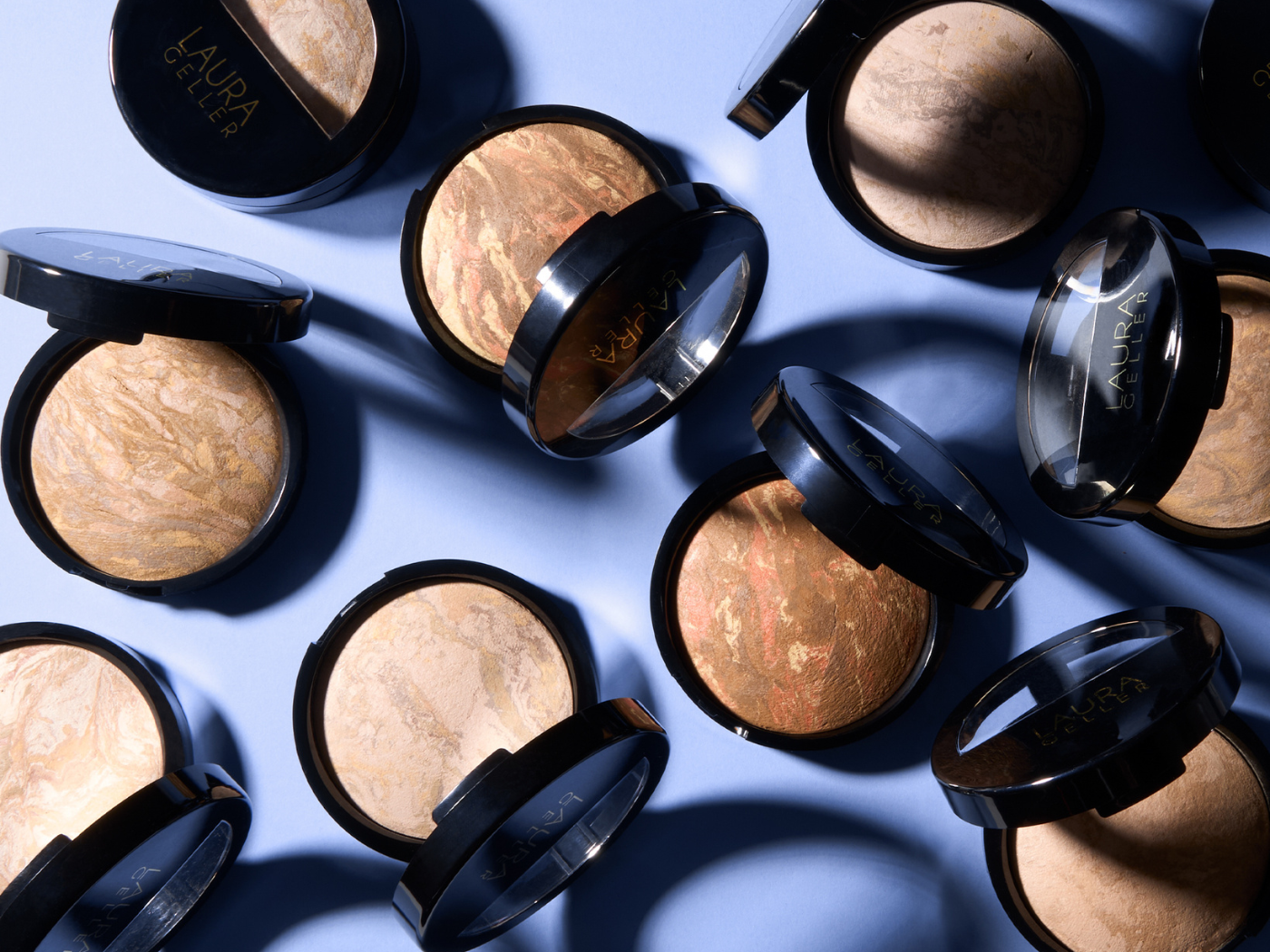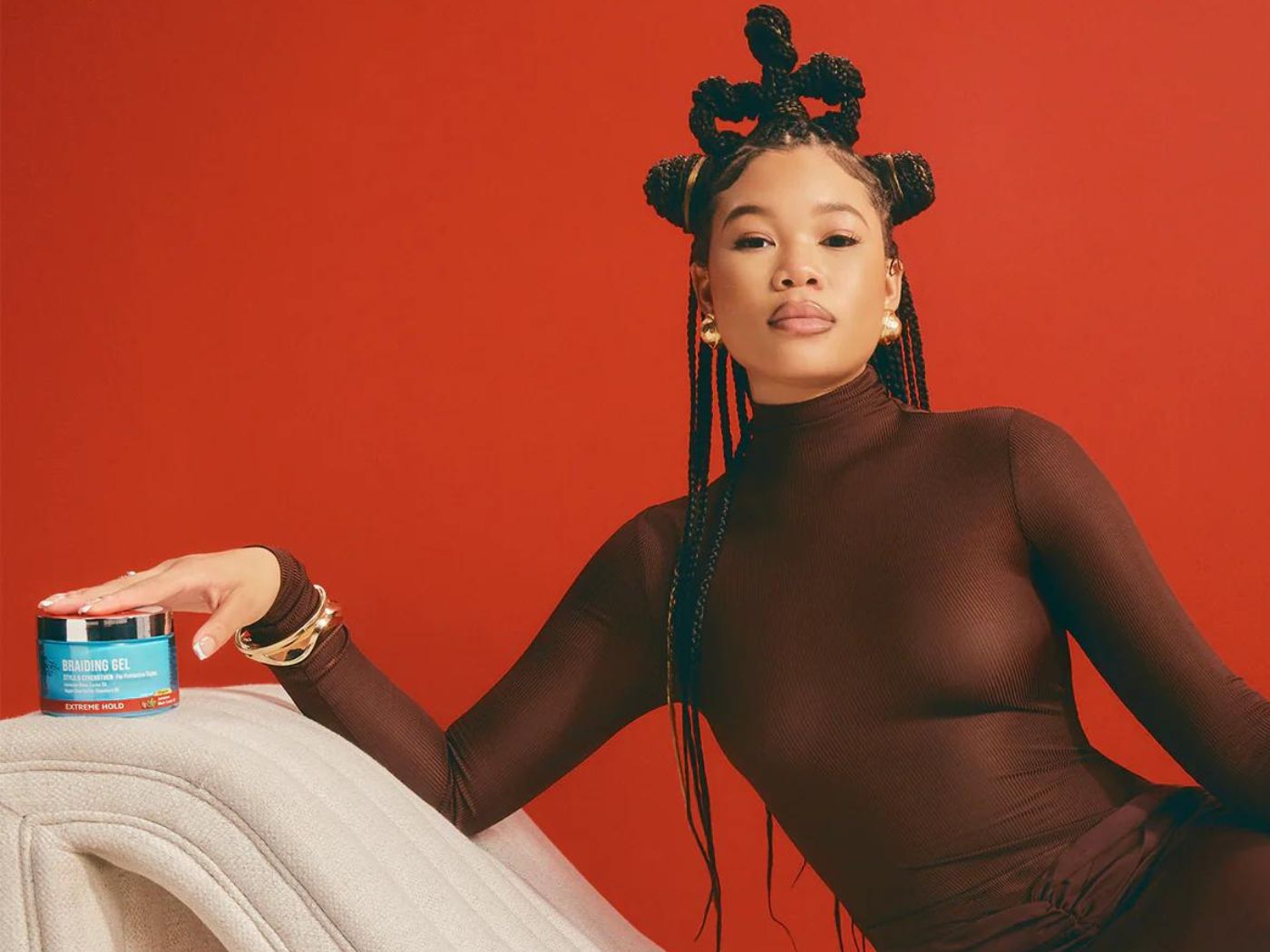With the full implementation of the European Union’s animal testing ban on cosmetic products and ingredients in March, the issue has re-entered the global spotlight.
U.S. and other international firms with animal-tested products are no longer allowed to export to Europe. The ban became law in 2003 and was rolled out in stages. The E.U.’s move has also raised the question: Will other nations follow?
“This is a great opportunity for Europe to set an example of responsible innovation in cosmetics without any compromise on consumer safety,” said Tonio Borg, European Commissioner in charge of Health & Consumer Policy, in a statement. Speaking recently at the Sustainable Cosmetics Summit in New York, Michelle Thew, chief executive officer of Cruelty Free International, an NGO devoted to eliminating animal tests, noted that 80% of the world still permits it.
However, according to multiple sources, animal testing of finished products in the beauty industry has tapered off to a minimum. Where it primarily persists is in the evaluation of new ingredients. Complicating the issue are a handful of countries, most notably China, which mandate animal testing for cosmetics.
“Everyone (in cosmetics) has gotten out of the animal testing business,” commented Alan Goldberg, Ph.D., director of the Johns Hopkins Center for Alternatives to Animal Testing, which was founded in 1981 with the help of a $1 million grant from CTFA, the predecessor to the Personal Care Products Council (PCPC). Using animals began in the U.S. in the 1930s after a woman was blinded by Lash Lure, an eyebrow and eyelash dye, according to Goldberg.
“After that,” he said, “animal testing was routine.” The practice remains customary for pharmaceuticals and pesticides, he added.
Most agree it is unlikely the FDA will outright ban animal testing for cosmetics, rather it has gone on record encouraging the use of non-animal tests. In vitro methods using cells and reconstituted human skin have become the commonplace means for cosmetics and personal care. Research is ongoing to improve the science.
The Body Shop, in conjunction with CFI, has a worldwide campaign underway to end the practice, and has been collecting petition signatures in 55 countries to bringing the matter before many governments.
In addition to the EU, animal testing is already rare in ASEAN countries except for Vietnam and while the practice is banned in Australia, the sale of products animal tested elsewhere is still permitted. Meanwhile, ban discussions are moving forward in India, Korea and Japan, according Michelle.
Last month the non-profit Institute for In Vitro Science (IIVS) formed the Industry Council for the Advancement of Regulatory Acceptance of Alternatives (ICARAA) as a response to international regulations that still require animal testing to assess safety of cosmetic and personal care products. Among its founding members are Avon, Mary Kay and Estee Lauder.
“At every opportunity we encourage the Chinese government to consider and use accepted validated alternative methods,” remarked Francine Lamoriello, executive vice president, global strategies at PCPC. Chinese officials attended the FDA-sponsored International Cooperation on Cosmetics Regulation forum and Chinese scientists have received training on alternate methods by the IIVS, she pointed out. “We have started to see some progress.”



